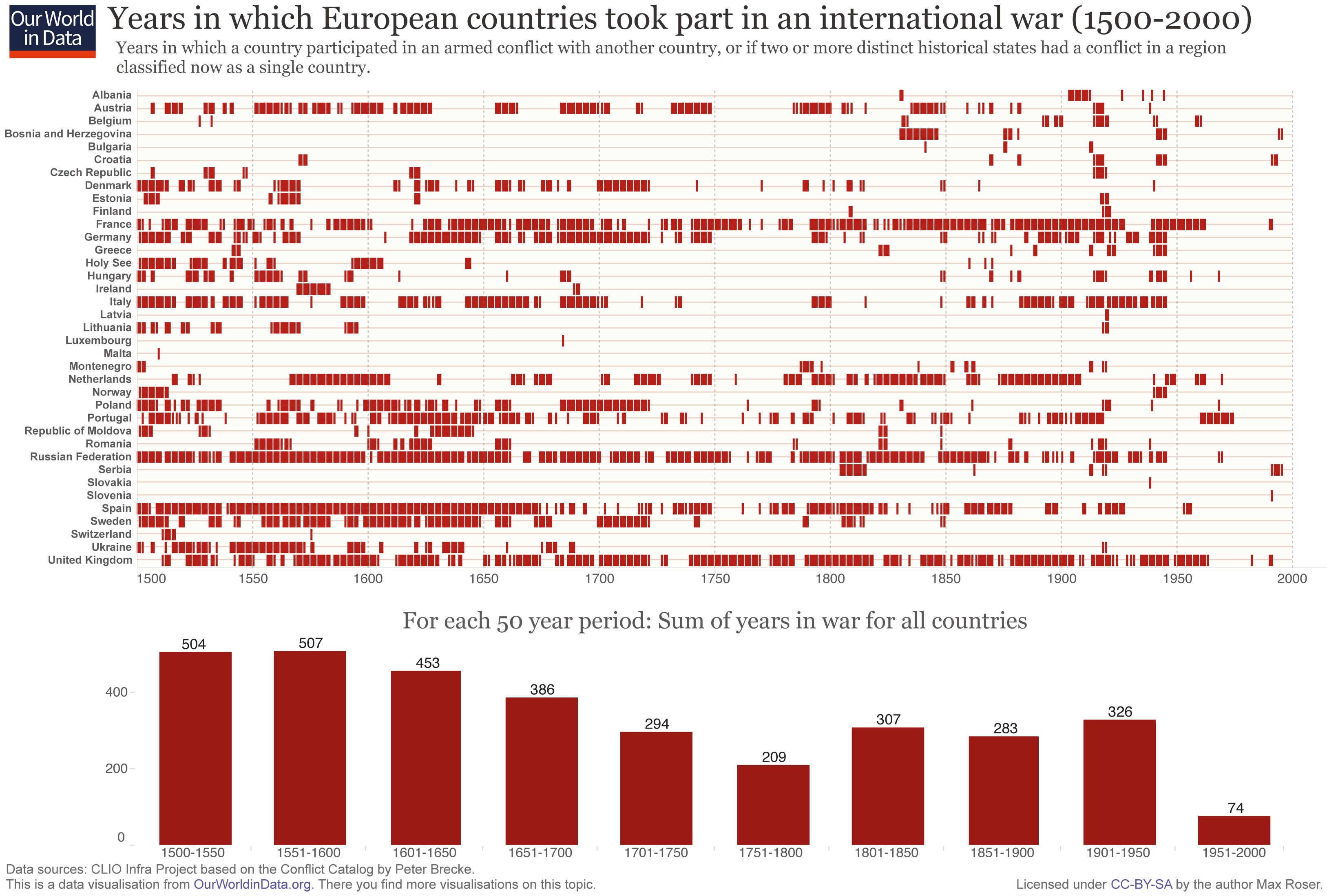A version of this piece appears on the Sociological Imagination website
Twenty years ago Theodore Kaczynski, a Harvard-trained maths prodigy obsessed with technology’s destruction of nature, was given eight consecutive life sentences for sending letter bombs in the US post which killed three people and injured 23 others. Generally known as the ‘Unabomber’, he remains in a supermax prison in Colorado to this day.
It is perhaps easy to forget the sway that the Unabomber held on American society in the mid-1990s. Kaczynski managed to get a 35,000 word manifesto called ‘Industrial Society and Its Future’ published in both The New York Times and The Washington Post. It is arguably the most famous and influential statement of neo-Luddite philosophy and politics to this day. Now he is back with a new book, Anti-Tech Revolution: Why and How.
The fairest thing that can be said about Kaczynski’s writings, both during his Unabomber period and his subsequent imprisonment, is that his comprehensive critique of modern technological society is recognizable to anyone who follows the more apocalyptic strand of ‘dark green’ philosophy and politics. It points to an almost inevitable self-destruction of the world as we know it through systemic abuses of nature, which no one currently in power is motivated to stop, let alone reverse. Instead of making a comfortable living as a radical academic, fiddling while Rome burns, Kaczynski took matters into his own hands, first with letter bombs and now – in this book – with a strategy for stopping the global system from collapsing.
Does Kaczynski advocate the violent overthrow of that system? No; he offers a subtler approach that draws on Trotskyite entryism and capitalizes on the opportunities afforded by disruptions that the system in its normal operation is bound to throw up over time.
Kaczynski believes that political do-gooders are pretty useless in themselves. But this is not due to the content of what they say and do – namely, an endless stream of critique and foreboding about a dystopic future. All of this helps to destabilize the system. The problem is that these people and organizations are themselves so heavily invested in the system that when the worst scenarios that they portray happen, they are in no position to capitalize on them. Their big mistake is to assume that the people in power will somehow listen to them before it is too late.
Nevertheless, people inspired by Kaczynski’s neo-Luddite politics are advised to infiltrate such organizations because they provide legal cover for their activities and offer privileged access to the information flows needed to judge when the opportunity is ripe for intervention. He is clear that such people need to wear two hats at once. They have got to gain the confidence of the organization through hard work, while at the same time be ready to strike at the appropriate moment.
Kaczynski’s model is Lenin’s staging of the October Revolution in Russia, which was less violent than both the Soviets and the West usually portrayed it, due to the high level of infiltration by Bolsheviks into key discretionary positions when the opportunity arose to overthrow the system. Kaczynski follows Lenin in thinking that when the moment strikes, ordinary people will simply try to save their skins and spontaneously gravitate toward those who seem to provide a safe haven, at which point any prior political loyalties will simply evaporate.
However, crucially lacking from Kaczynski’s vision is a clear sense of which positions should be infiltrated, aside from mainstream environmental movements. The fact that he has been in prison for virtually the entire history of the web and smartphones is evident from these pages, though he has kept up in his own way. Kaczynski cleverly counters transhumanist Ray Kurzweil by arguing that even if computational power accelerates indefinitely, that simply means it is more likely to spin out of control. Yet he fails to provide any specific discussion of computer hacking, which one might have expected to figure prominently in the skillset of a neo-Luddite revolutionary. This is perhaps in keeping with Kaczynski’s avowed aim to stay within the law.
My guess is that people reading this book who wish to follow in Kaczynski’s footsteps would try to get hired by either private or public organizations associated with the production, distribution or regulation of energy. The point here would not necessarily be to arrest the rise in energy demand and use. Rather, one would be prepared to spring into action on the occasion of a major disturbance to the flow of energy, however it arises. In any case, such ‘normal accidents’ are bound to happen over time. Since this book is just the latest – but most articulate – installment of Kaczynski’s strategy, such people may already exist.
(None of the above should be understood as condoning in any way the crimes that Kaczynski committed twenty years ago. It is only to say that a rational mind is on display in this book.)






